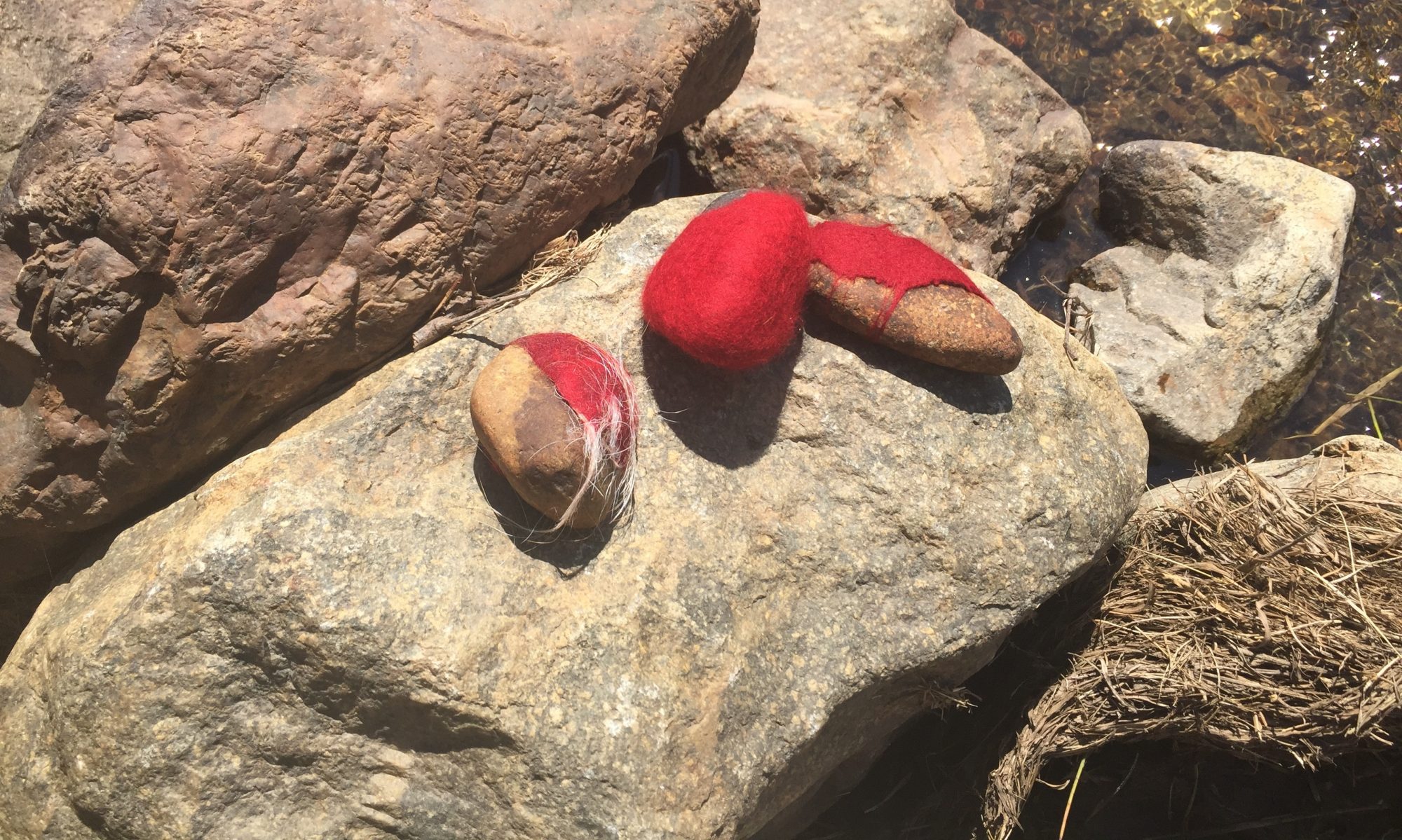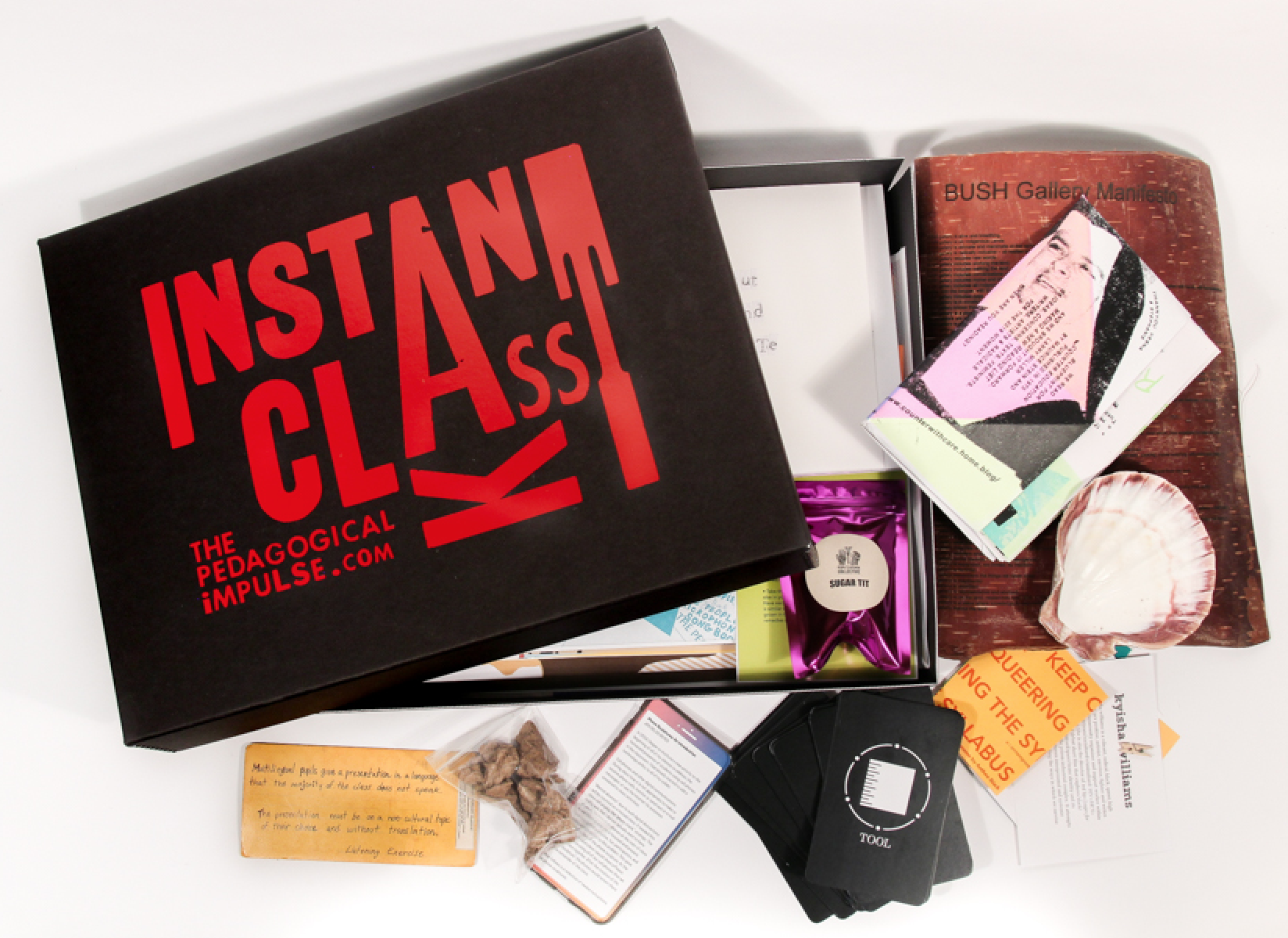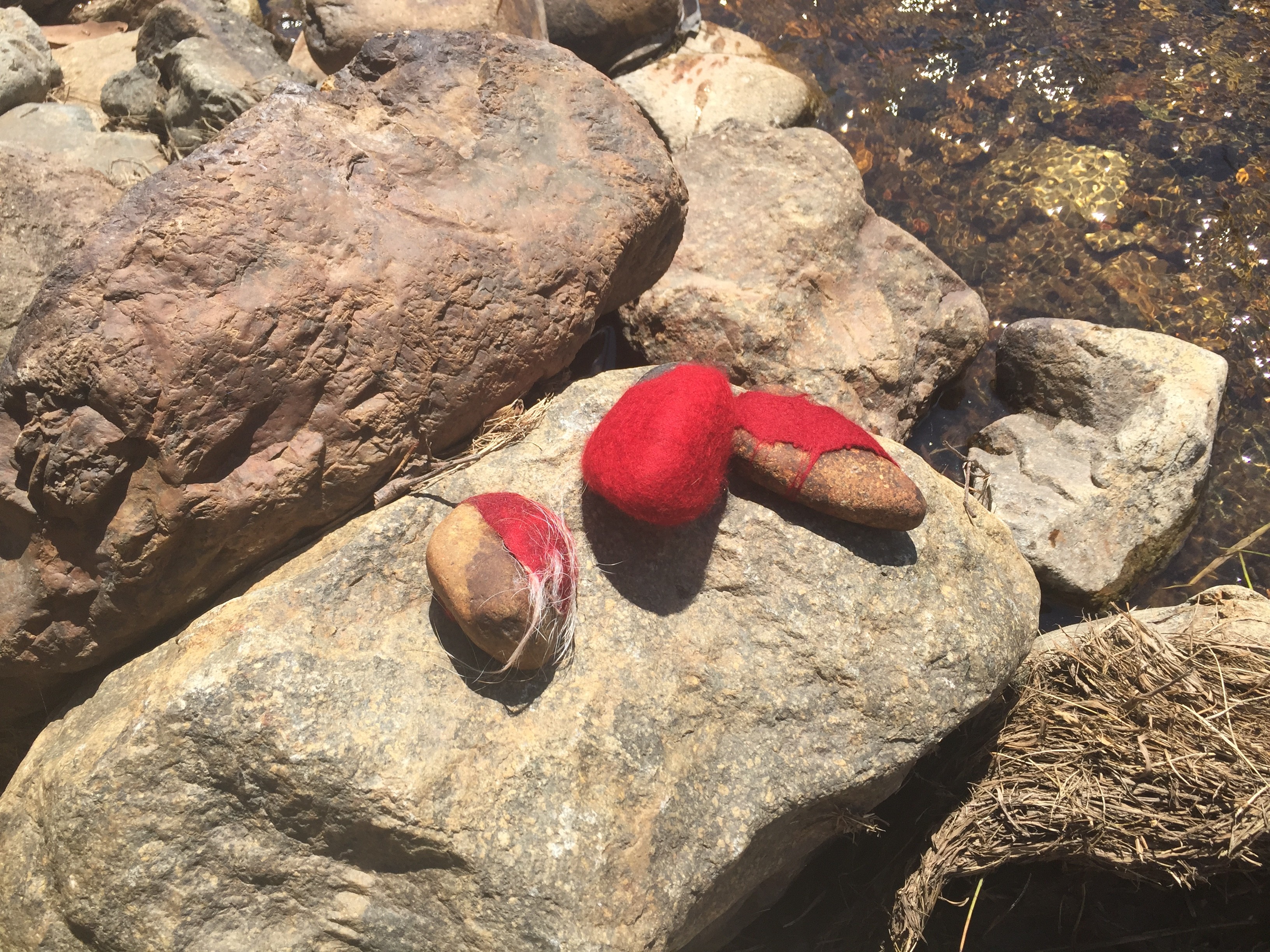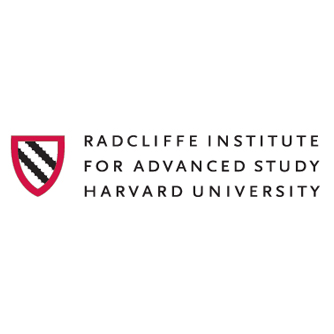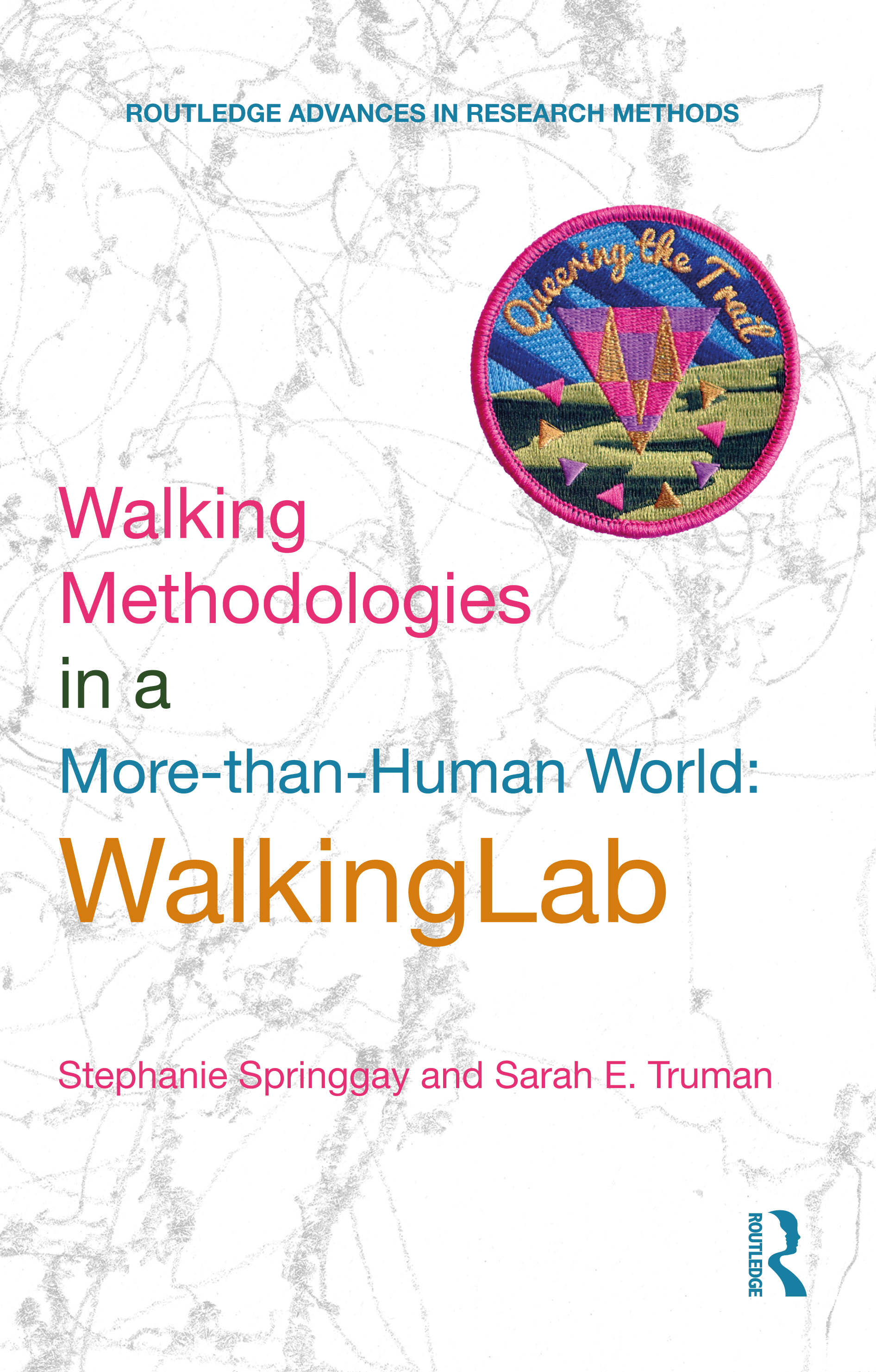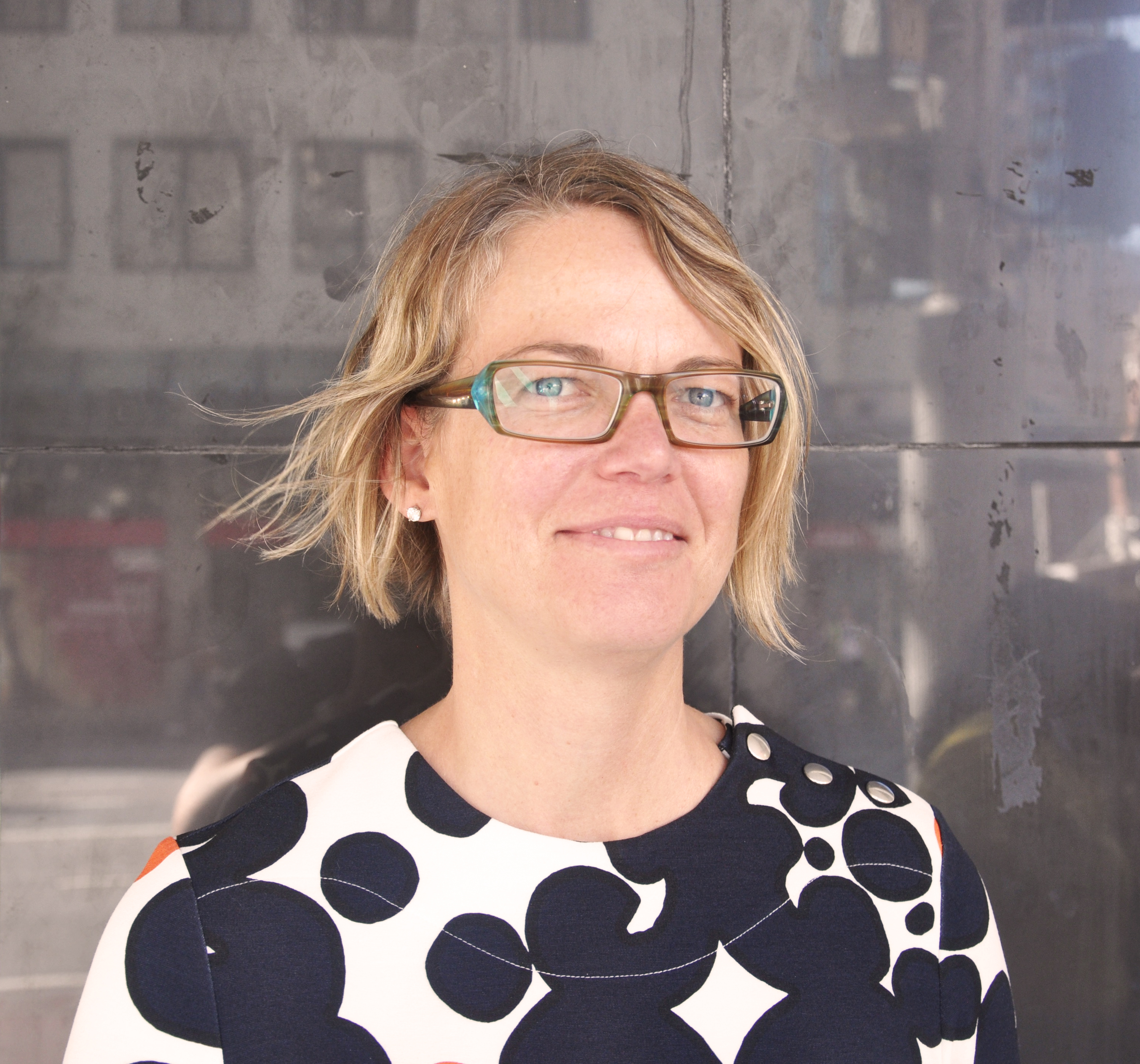Stephanie is on a panel delivering a paper at the Universities of Art Association of Canada conference in Quebec Cit entitled: Socially-engaged art, experimental pedagogies, and the anarchiving of Fluxus.
Keynote at Manitoba Association for Art Education
Stephanie is delivering a Keynote at the Manitoba Association for Art Education Annual Conference in October 2019.
The Four Publics Project: Possibilities for Harvard University: Learning in Socially-Engaged, Public Participatory, and Civic Art Forms
Stephanie has been invited to present at Harvard University’s Radcliffe Institute for Advanced Study’s Four Publics Project and Seminar Series
Here’s the information on the event: There is a compelling, promising, but also challenging, pedagogical dimension to works of socially engaged, public participatory, and civic art. In some cases, these artists ask if their projects can—and actually do—provoke significant learning. Others may catalyze learning or practice nuanced pedagogical approaches to civic engagement without knowing it. In any case, the intersections of art and learning can be rigorously examined and vividly revealed as people encounter these works of art. What is the possible trajectory of these learning experiences? And what can artists, if committed to the pedagogical dimension of their work, do to extend and enrich that engagement? The Four Publics Project was founded to explore questions emerging at the intersection of four publics—public spaces, public art, public learning, and public life. Established out of work at Project Zero (PZ) and the Arts in Education (AIE) program at the Harvard Graduate School of Education (HGSE), the project aims to understand and support the role of pedagogy in socially-engaged, public participatory, and civic arts forms. This workshop will bring together leading artists, designers, educators and cultivators of civic agency to explore the state of our collective understanding of learning with and through works of contemporary art in shared experiences and public spaces. Our primary focus will be on micro moments of initial engagement with these art works, how those moments might lead to deeper learning, and what it takes to increase the likelihood that both initial engagement and subsequent learning will take place.
AERA NYC 2018
Stephanie Springgay and Sarah E. Truman (WalkingLab), and colleagues Kimberly Powell, Margaret Somerville, and Michael Gallagher will present on a symposium in the Qualitative Research Sig entitled Walking Methodologies in a More-Than-Human World.
Indelible Refusal
This series of public lectures, panel discussions, film screenings, workshops, artistic walking interventions, performances, and master classes aim to actively engage in pedagogies of refusal and solidarity. The program aims to walk-with and think-with Indigenous, Black, 2 spirit, queer and trans artists and scholars to work through concepts related to land, settler colonialism, slavery, erasure, violence, and refusal.
This event has been funded through the Jackman Humanities Institute, The Centre for Drama, Theatre & Performance Studies, University of Toronto, Curriculum, Teaching and Learning, Ontario Institute for Studies in Education (OISE), University of Toronto, Sexual Diversity Studies University of Toronto, The Centre for Comparative Literature, University of Toronto, and the Centre for Indigenous Studies, University of Toronto, and WalkingLab.
Organized by: Stephanie Springgay, Curriculum, Teaching & Learning, OISE; V.K. Preston, FAS Drama, Theatre & Performance Studies, University of Toronto.
Click here for schedule of events: https://walkinglab.org/schedule-of-events-for-indelible-refusal/
‘To the landless’: Walking as counter-cartographies and affective time WalkingLab
Stephanie Springgay and Sarah E. Truman of WalkingLab will give a Keynote introduction at the European Congress for Qualitative Research for Ali Madanipour. Their lecture will examine walking methodologies as counter-cartographies and as affective time. Like Madanipour, WalkingLab is interested in methodologies that disrupt linear and progressive conceptualizations of time. Our brief introductory talk will examine three WalkingLab projects that re-map – as a form of counter-cartography – erased and neglected histories. Taking up the ways that maps produce and reinforce geopolitical borders, and the geographies of race, we consider the ways that re-mapping offers possibilities for conceptualizing spacetimes that are regional and relational, as opposed to state sanctioned and static. As counter-cartographies the walking projects disrupt dominant narratives of place and futurity, re-mapping Land, ‘returning it to the landless.’ Walking methodologies enact what Madanipour refers to as ‘experimental temporalities,’ a kind of affective time that enables researchers to think about futurity not as something elsewhere or separate from the present, but a time that is immediate and intensive. Focusing on the issue of temporality within qualitative research methodologies Springgay and Truman take up WalkingLab research via affect theory, Afrofuturism, and the anarchive.
Thirteenth International Congress of Qualitative Inquiry in Champaign-Urbana, IL
Stephanie will deliver papers on two panels at the conference:
Transmaterial Walking Methodologies and A Sound Art Project, with Sarah E. Truman
Land and Consent: Disrupting Settler Futurities and Walking Research, with Sarah E. Truman
Stephanie is also contributing to the Plenary entitled Trump, Brexit and the global rise the right: how do we respond.
American Educational Research Association
Stephanie will give a paper entitled Re-imagining climate change through Speculative Art, on the panel, Reconfiguring the imagined and real futures of educational research: The importance of being speculative.
Stephanie Springgay and Sarah E. Truman will deliver a paper about WalkingLab in the session Quantitative and Qualitative Methods are not Enough! The Ethics of Research Beyond Methodocentrism.
New Materialisms Conference Warsaw
Stephanie will be presenting a paper (with co-author Sarah E. Truman) at The 7th Annual Conference on the New Materialisms, in Warsaw.
The paper: Stone Walks: Inhuman animacies and queer archives of feeling draws from their research at WalkingLab.
